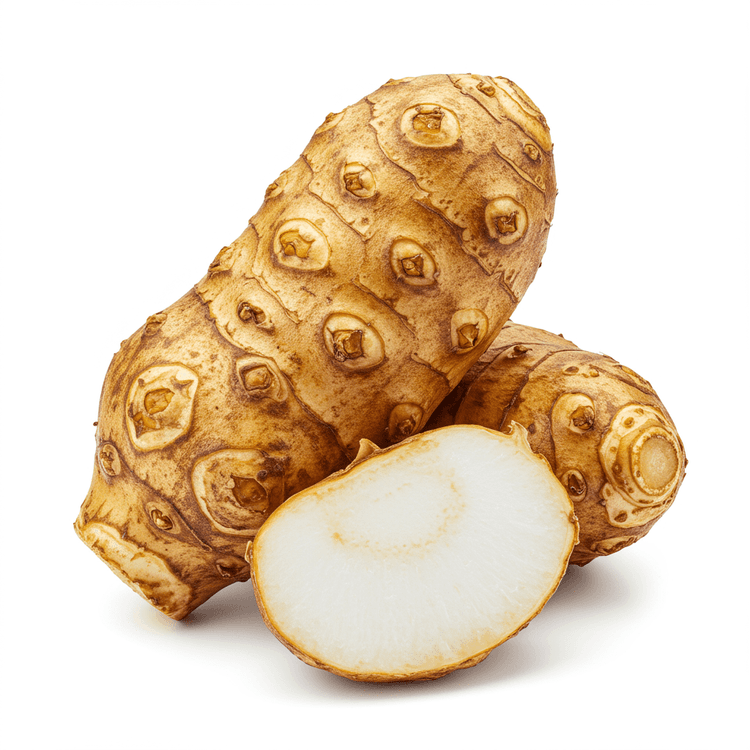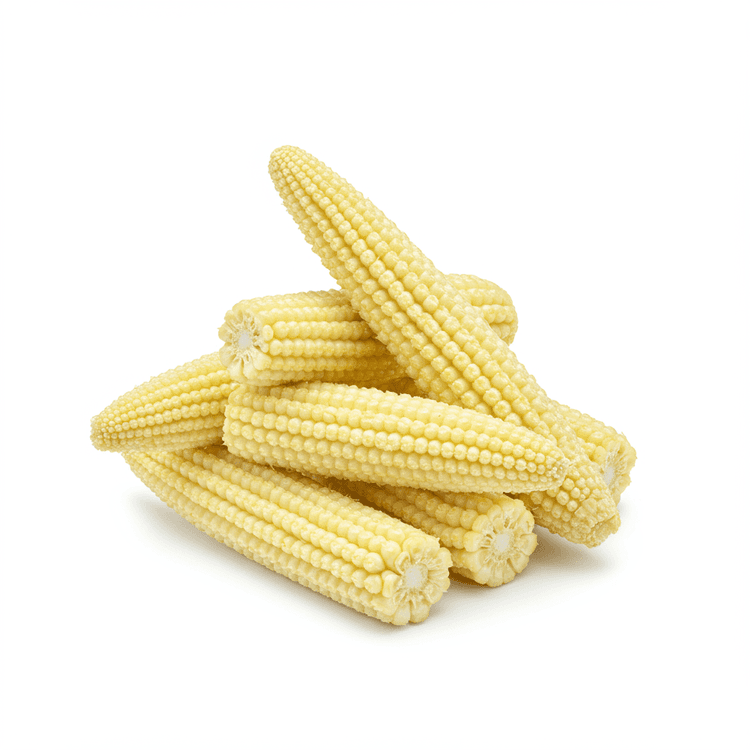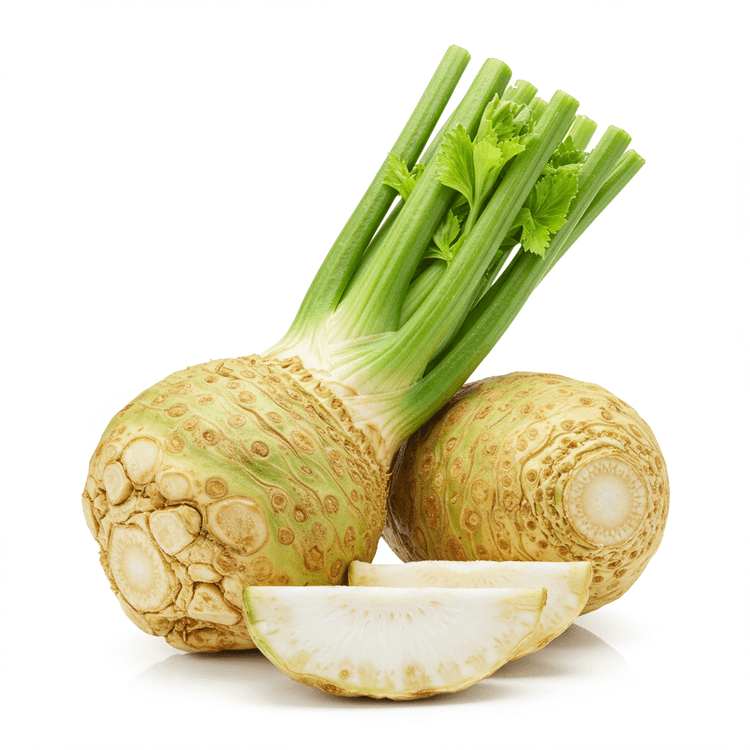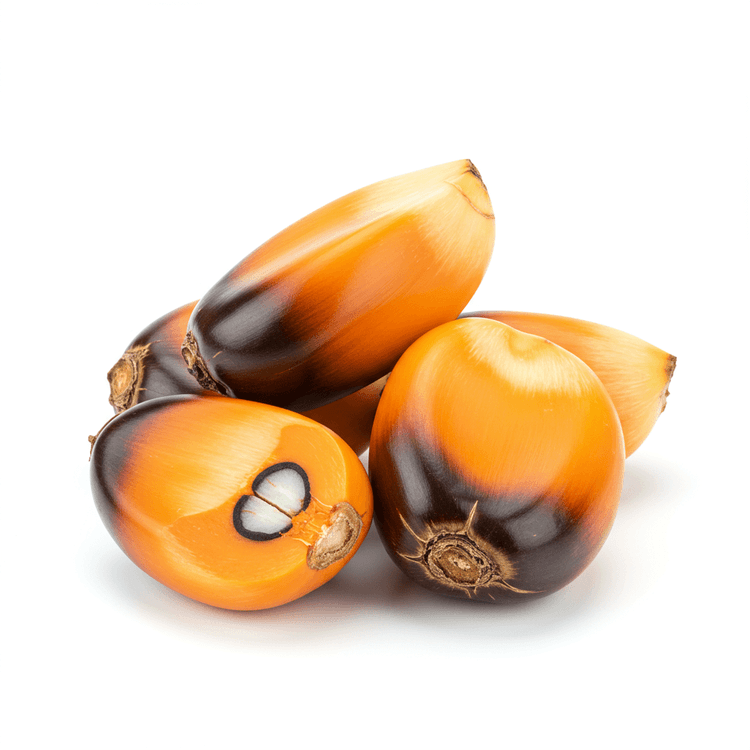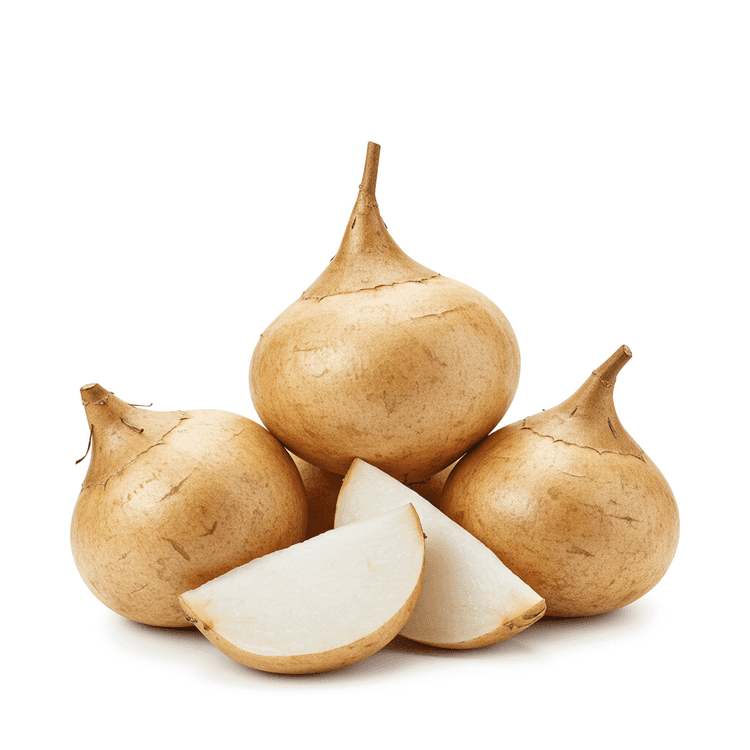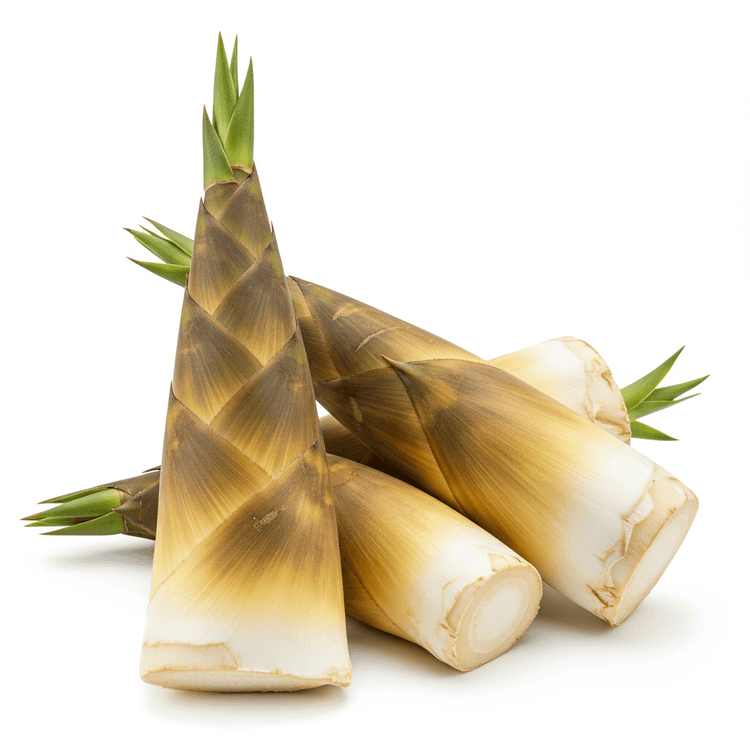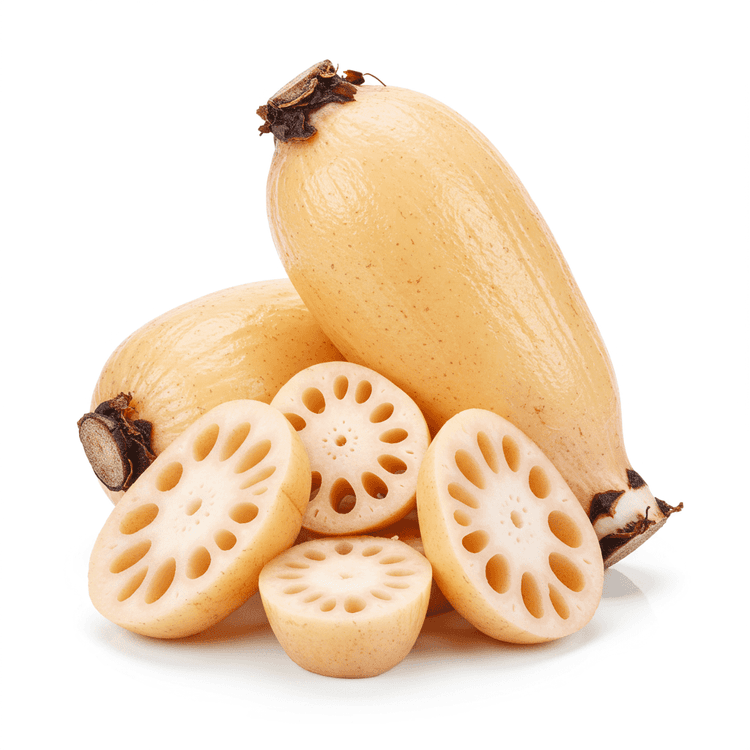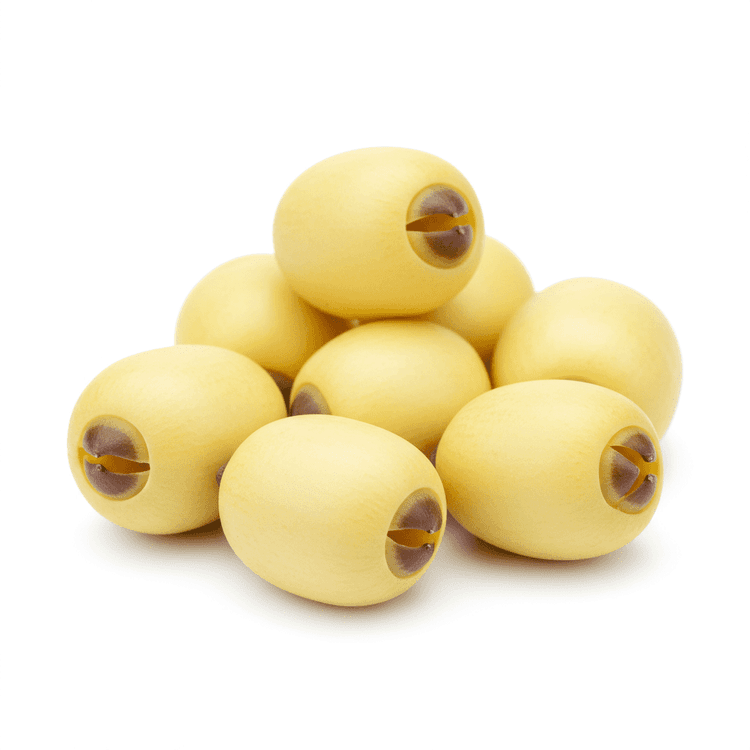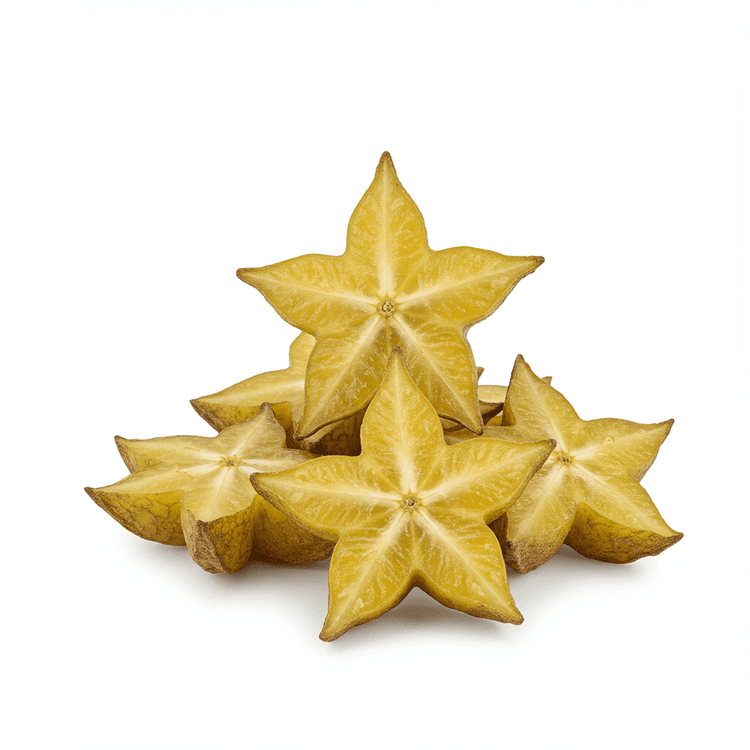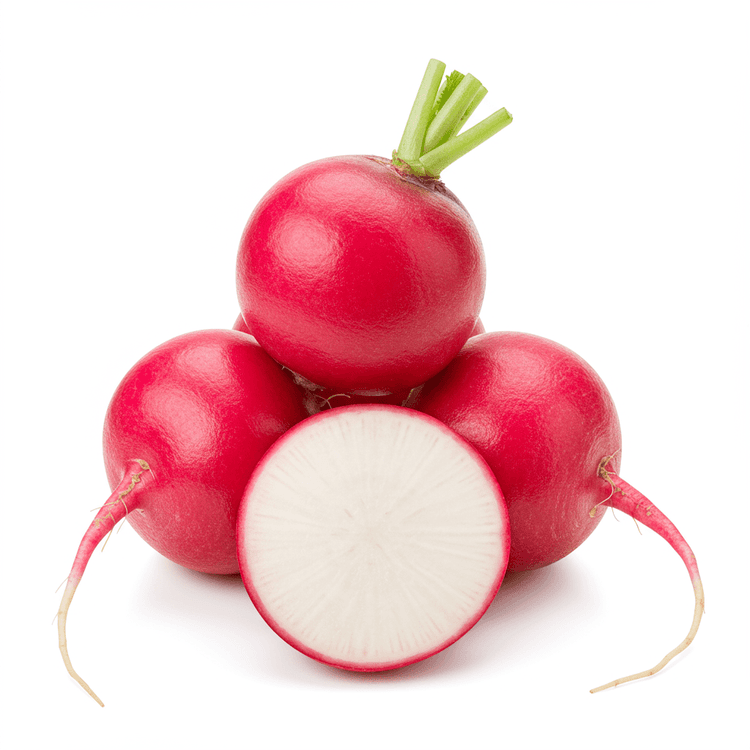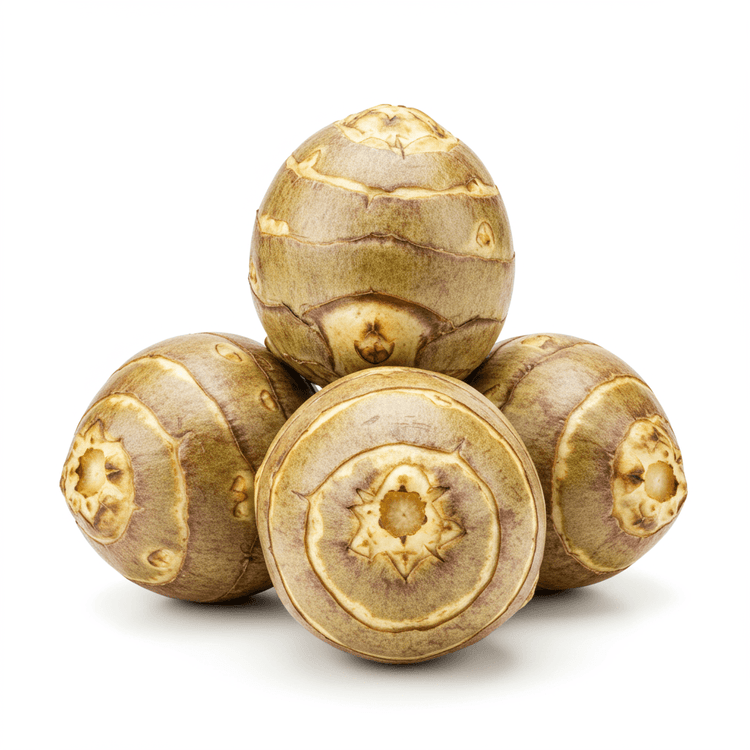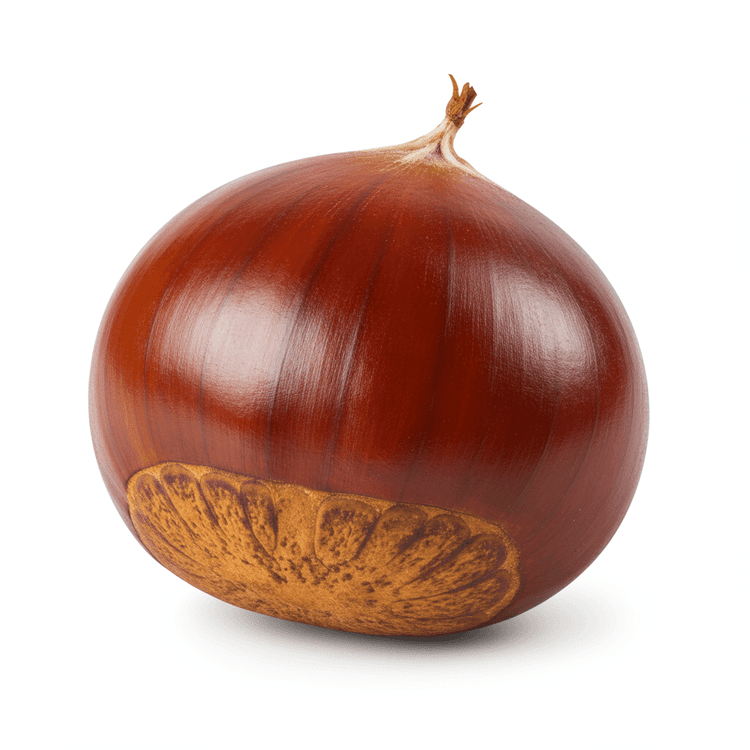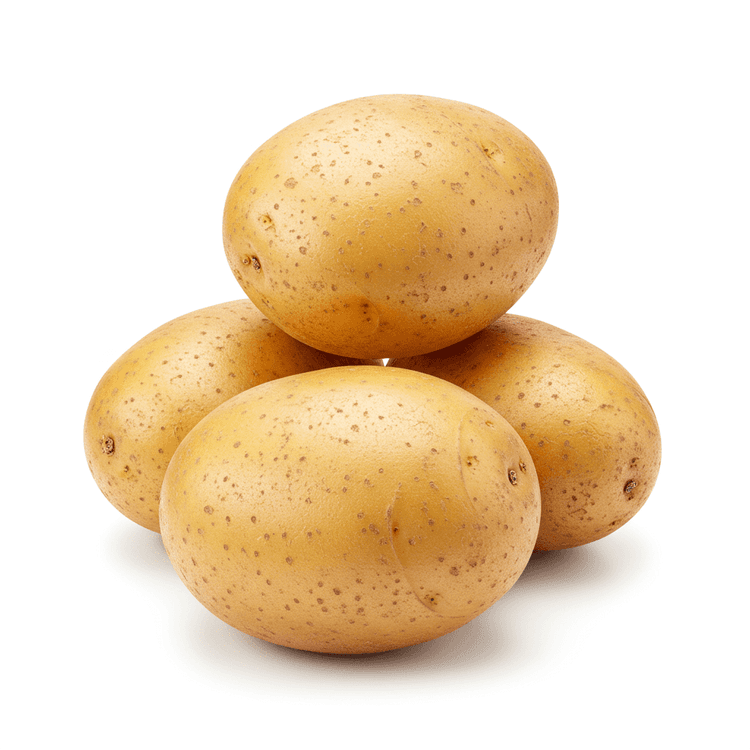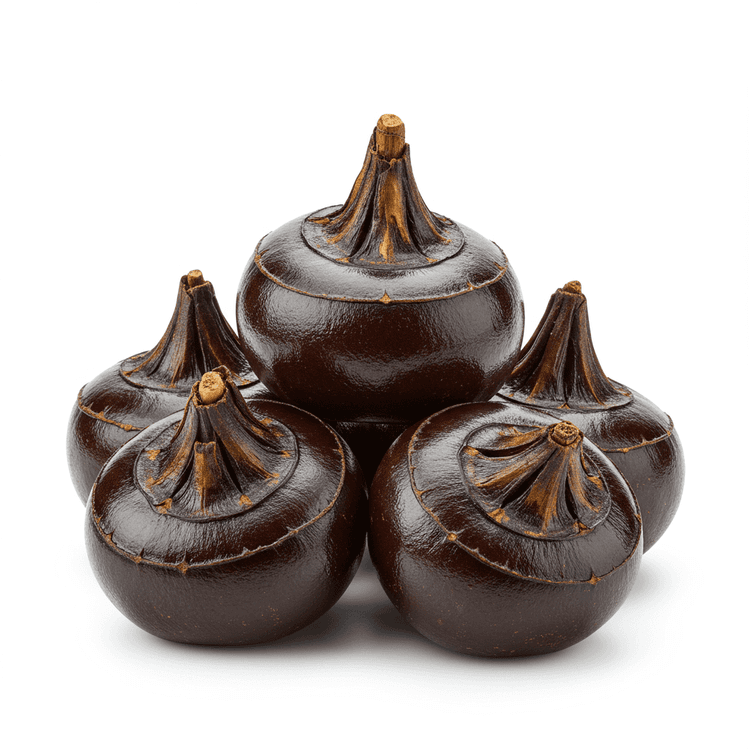
Water Chestnut
Water chestnuts are crunchy, aquatic vegetables known for their mild, slightly sweet flavor and crisp texture. They have a smooth, dark brown skin that is peeled to reveal a white, starchy interior. Often used in Asian cuisine, water chestnuts retain their crunch even after cooking, making them a popular addition to stir-fries, salads, and soups. Packed with nutrients and low in calories, they are a versatile ingredient for both savory and sweet dishes, appealing to health-conscious cooks and food enthusiasts alike.
Common Uses
- Add sliced water chestnuts to stir-fries for a satisfying crunch and mild sweetness that complements vegetables and proteins like chicken or shrimp.
- Use water chestnuts in salads, either raw or lightly cooked, to introduce a crisp texture and refreshing flavor.
- Incorporate water chestnuts into soups, such as hot and sour soup, for added texture and a subtle, nutty taste.
- Blend water chestnuts into a paste to create fillings for dumplings or spring rolls, enhancing the dish with their unique texture.
- Use water chestnuts in desserts, such as Thai water chestnut rubies, where they are coated in tapioca flour and served in sweetened coconut milk.
- Roast or grill water chestnuts wrapped in bacon for a savory appetizer that highlights their natural crunch and sweetness.
Nutrition (per serving)
Nutrition (per serving)
Calories
97.0kcal (4.85%)
Protein
0.9g (1.8%)
Carbs
23.9g (8.69%)
Sugars
4.8g (9.6%)
Healthy Fat
0.0g
Unhealthy Fat
0.0g
% Daily Value based on a 2000 calorie diet
Nutrition (per serving)
Calories
97.0kcal (4.85%)
Protein
0.9g (1.8%)
Carbs
23.9g (8.69%)
Sugars
4.8g (9.6%)
Healthy Fat
0.0g
Unhealthy Fat
0.0g
% Daily Value based on a 2000 calorie diet
Health Benefits
- Rich in antioxidants, which can help support overall health and wellness.
- Low in calories and high in water content, making it a hydrating and weight-friendly ingredient.
- Provides a good source of dietary fiber, which supports digestion and gut health.
- Naturally gluten-free, making it suitable for gluten-sensitive or gluten-free diets.
- Adds a satisfying crunch and mild sweetness to stir-fries, salads, and Asian-inspired dishes.
Substitutes
Chefadora AI is here.
Experience smarter, stress-free cooking.
Storage Tips
Fresh water chestnuts should be stored in the refrigerator, ideally in a plastic bag or airtight container, to maintain their crisp texture and freshness. If peeled, keep them submerged in water in the fridge and change the water daily to prevent spoilage. Canned water chestnuts should be stored in a cool, dry pantry before opening and refrigerated in an airtight container after opening, consuming within a few days.
Marnirni-apinthi Building, Lot Fourteen,
North Terrace, Adelaide, South Australia, 5000
Australia
